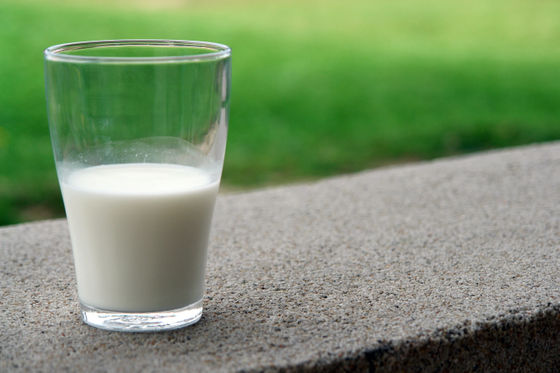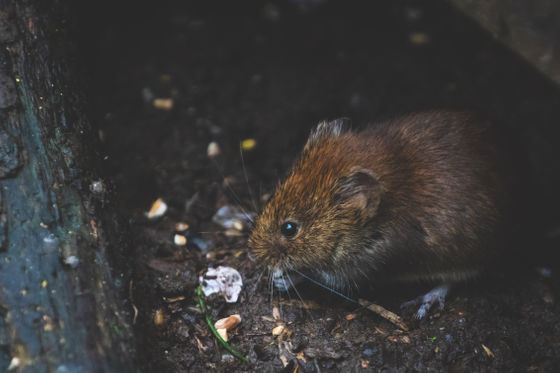It is suggested that the genes of mice living in large cities are mutated to adapt to urban life.

In August 2019,
Genetic Adaptation in New York City Rats | bioRxiv
https://www.biorxiv.org/content/10.1101/2020.02.07.938969v1.full
Rats are New Yorkers, too! Genome study reveals how rodents conquered the Big Apple
https://www.nature.com/articles/d41586-020-00501-x
This paper is a collaborative effort between Columbia University geneticist Arbel Harpak, Fordham University genetic biologist Jason Munshi-South, and San Francisco State University evolutionary biologist Pleuni Pennings. From 2014 to 2015, Munshi-South's team captured nearly 400 brown rats from all over New York City using food mixed with bacon, peanut butter and oats. The research team performed a whole-genome analysis of 29 of the captured rats captured in Manhattan and compared them to the genomes of rats in northeastern China, believed to be the ancestors of the brown rat.
As a result of comparison, it was found that many genes related to diet, behavior, and exercise, such as the gene 'CYP2D1', which is considered to be important for detoxification of plant compounds, are mutated in mice in Manhattan. The research team interprets this genetic change as a phenomenon called ' genetic sweep ' in which a gene mutation newly expressed in a specific individual permeates the entire population. In the case of humans, it is known that humans in areas that drink milk frequently, such as Europe and the United States, have genetic mutations that produce lactase , a digestive enzyme that has the effect of degrading milk by genetic sweep. ..

'We want to find out when selective sweeps occur by analyzing the genomes of mice that lived in New York in the 19th century,' Harpak said. He also said he plans to catch mice from cities other than New York to see if they have the same genetic mutations as in New York City.

The research team discovered rat gene mutations in this study, but refrained from making judgments as to whether each gene mutation was 'actually caused by urban life.' Harpak sees the list of genetic mutations as a 'starting point for future research' on how the behavior of experimental rats genetically modified to grow new behavior-altering neurons changes. It is claimed to be useful for experiments on how the behavior of rats undergoing genetic modification related to carbohydrate and sugar metabolism changes.
Related Posts:
in Creature, Posted by darkhorse_log







